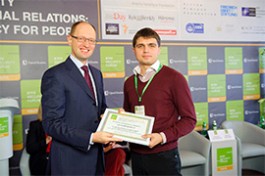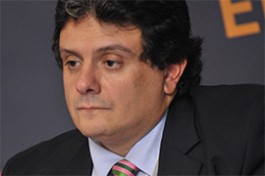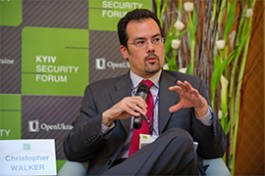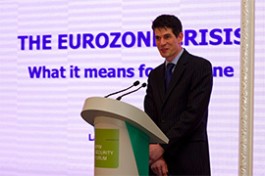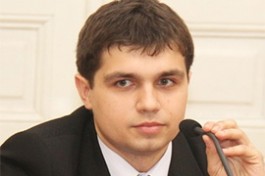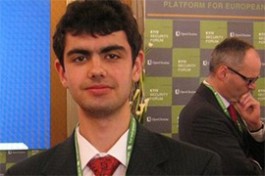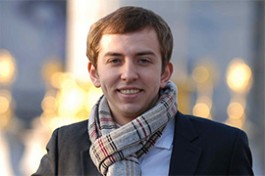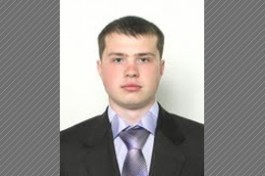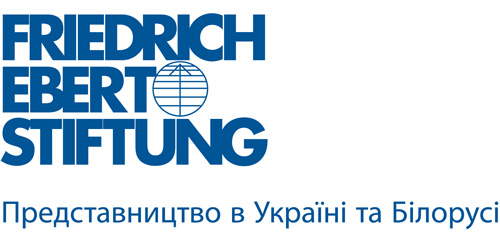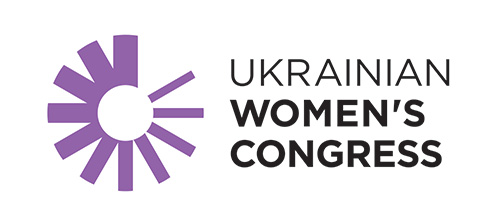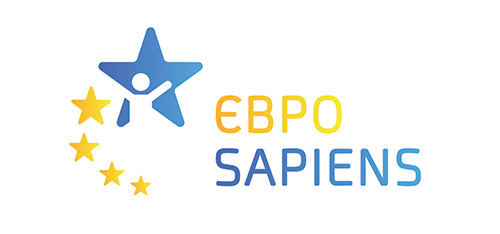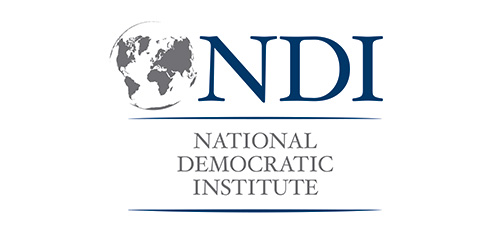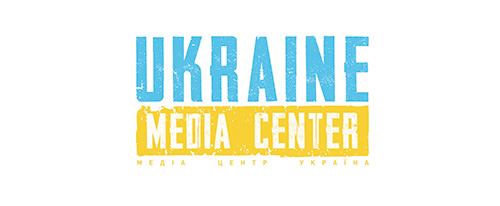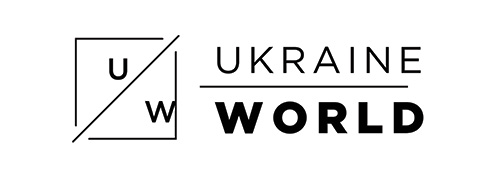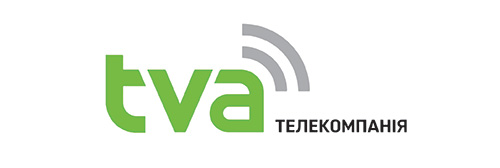News
YOUTH IS READY TO MAKE THE WORLD SECURE FOR THE PEOPLE
25 November 2012, 15:43
On November 23-24, 2012 in Kyiv was held the 1st Youth Kyiv Security Forum, where the modern issues of «human security» were discussed. The Forum gathered young experts from 10 countries of the world. Experienced specialists from Japan, Germany, US, Switzerland, the Netherlands as well as representatives of international organizations in Ukraine have given their speeches to the youth.
Dimitrios TRIANTAPHYLLOU: THE BLACK SEA REGION’S REGIONALISM AND DEMOCRATISATION DEFICIT
11 May 2012, 18:28
The process of regionalism in the Black Sea Region finds itself on the back burner as key stakeholders prefer to maintain a status quo and control over the course of developments in the region or are increasingly uninterested in the region per se. There is a growing condominium between Russia and Turkey on the need to maintain the status quo coupled with the growing detachment of the European Union and the general disinterest of the United States.
Christopher WALKER: THE ARAB UPRISINGS AND THE INHERENT VULNERABILITY OF AUTHORITARIAN REGIMES
11 May 2012, 18:27
Authoritarian systems do not ensure stability. Instead, they steadily erode the independent institutions and safeguards that guarantee basic justice; ensure government integrity, and responsiveness; and provide for regular, peaceful transfers of power. If the uprisings of the Arab Spring have taught us nothing else, it is that authoritarians that seek to prolong their stays after the point their citizens signal a desire for change, more instability is sure to follow. This reality has significant implications both for the Middle East, as well as Eurasia.
Laurence KNIGHT: THE EUROZONE CRISIS WHAT IT MEANS FOR UKRAINE?
11 May 2012, 18:25
To understand how the eurozone crisis may develop – and how it may affect Ukraine – we first need to understand how the euro got into such a mess in the first place.
Ivan HORODYSKYY: WHOM SHOULD I CALL TO SPEAK TO EUROPE? ROLE STRUCTURE FOR EUROPEN UNION SECURITY ISSUES
11 May 2012, 18:20
In its mythological and geographical meanings the word ‘Europe’ had already been known in the ancient world. The word ‘Europeans’ however, was first used only in the VIII century by bishop Isidorus Pacensis, the chronicler of that period. Describing the victory of Franks under Mayor of the Palace Charles Martel over Saracen troops at the Battle of Poitiers, he called the king and his warriors Europeans (europeenses). More than a thousand years later Sir Winston Churchill would say that it had determined the destiny of Europe, having pointed out that had it not been for this victory, Oxford students would study the Quran.
Hanna MOROZOVA: XXI CENTURY: IS IT THE ERA OF MILITARY BLOCS OR VALUE-BASED ALLIANCES?
11 May 2012, 18:18
Starting from the Peloponnesian Union and for already more than twenty-five centuries the human race has been enthusiastically playing the same murderous game of keeping friends with one neighbour against another. While goals, scale, ideology and means keep changing, the cornerstone of it is – and has always been – the strengthening of both the defence and the attack. This is not to say that it is good. This is not to say that it is bad. It just works. And this is exactly our civilisation’s model of living. Every new century brings its new changes to this model, but they look like a facelift rather than a gut rehab.
Anton PISARENKO: EUROPEAN UNION – INSPECTOR OR PROPONENT OF NOVEL IDEAS AND DEMOCRATIC VALUES ACROSS THE REGION
11 May 2012, 18:14
The era of wars is coming to an end. Peace oriented countries emerge. It seems that history repeats itself time and again. However, the fundamental novelty of today is that peace orientation is taken by the world leaders. In the past, countries successful in an all-round development were mostly belligerent, as opposed to less successful states whose aspiration for peace was no more than a mere attempt to preserve independence. Today the roles are changing places. Today those standing for peace are not the pacifist idealists with illusive peacemaking objectives, but rather rationalists who use peaceful means to achieve long range goals and stable development.
Rostyslav DZYUBA: IS DEMOCRACY SAFE IN TERMS OF INTERNATIONAL RELATIONS?
10 May 2012, 18:11
It is assumed that the modern world lives in the most advanced of the centuries: science makes such a tremendous progress that has never yet been made, and humans have never yet been so close to unravelling the mystery of the origin of life on Earth and getting everlasting life. The descriptive epithets for this century are ‘the most grandiose’, ‘the most significant’, ‘the most perfect and rationale’… Humanity opts for the better. These ‘better’ trends include extension of democracy or democratic values, to be more precise, and attempts to plant these values even on ‘sand’ on which, as we know, democracies are not to be built. Is democracy as safe as is commonly perceived, especially in the Western world? Does it carry a threat in terms of international relations in particular, when countries and entire continents get involved in the same global processes?
Dmytro MELNYK: MODERN DEMOCRACY: DOES POWER REALLY BELONG TO THE PEOPLE IN THE MOST ADVANCED OF THE CENTURIES?
09 May 2012, 18:08
The political regime that practically all of us are familiar with today is ‘democracy’. It is the system of government, in which the only legitimate source of power is the people, who rule either directly or through freely elected representatives. This notwithstanding, the majority of people do not have a clear understanding of this assertion and do not put it to good use, including some policy makers and dictators who try to gain support from the people forming a single-party regime of power in a democratic society.
Arseniy Yatsenyuk’s Open Ukraine Foundation has defined the winners among the young researchers who as a reward will visit International Neighbourhood Symposium on June 28 – July 3, 2011 in Turkey
10 June 2011, 16:20
As a result of the competition two research papers shared first place with the same scores from Expert Board, while the third paper was graded to be in the second one.


